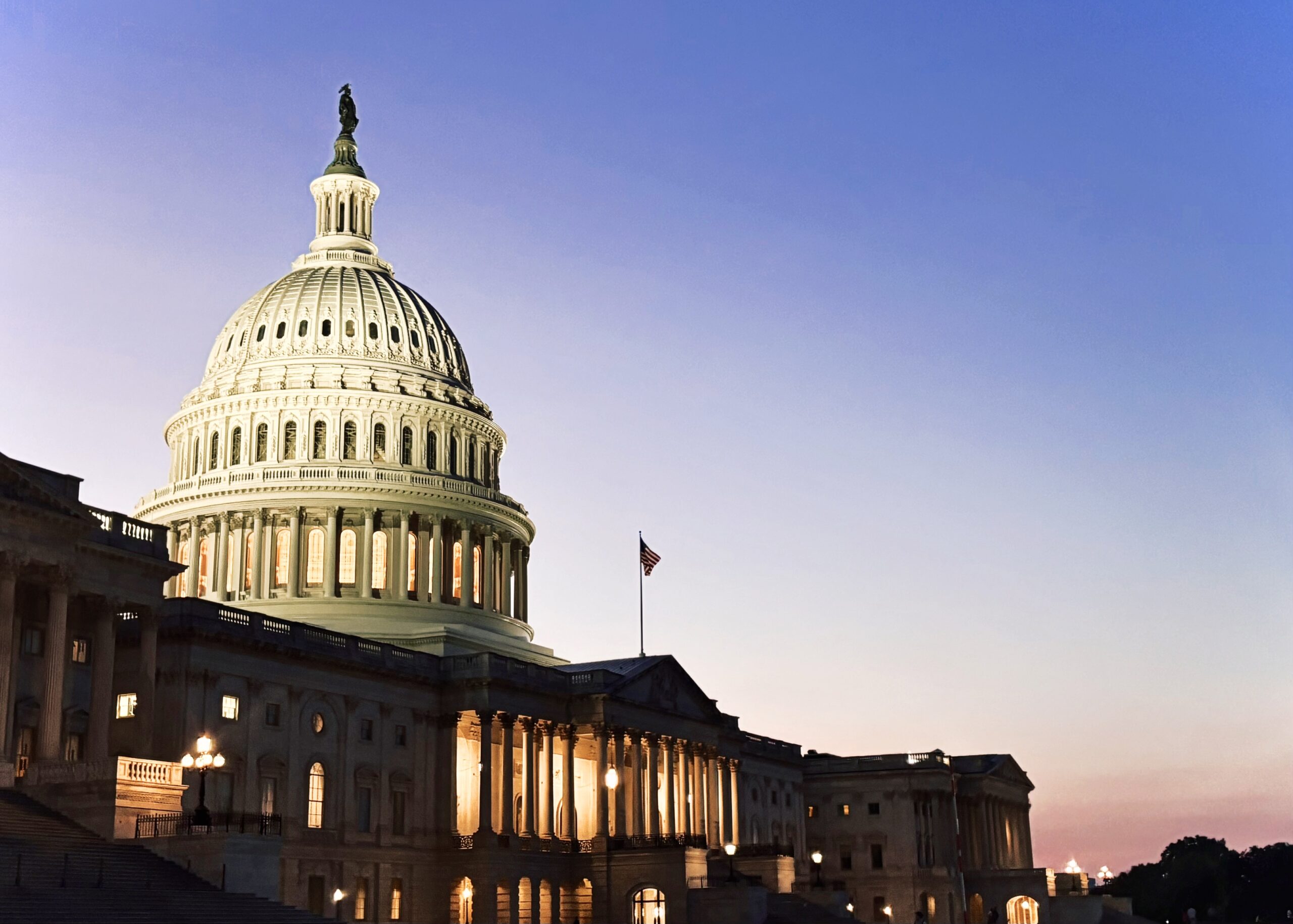Yale exceeds $500,000 in 2025 lobbying expenses so far
The University has retained a former personal lawyer for Trump, a retired Republican congressman and a top Republican lobbyist for its political engagement efforts.

Baala Shakya, Photography Editor
Yale spent $320,000 on its federal lobbying efforts in the second quarter of 2025, per newly released federal disclosures — a $70,000 jump from what it spent in the first quarter and nearly twice as much as it spent in the second quarter of 2024.
Among Ivy League universities, Yale was only outspent in lobbying costs by Cornell, which spent $444,000 in the second quarter, according to public filings. Princeton reported $290,000 in expenses, and Columbia and Harvard also dropped more than $250,000 on lobbying last quarter.
In the first quarter of 2025, Yale spent $250,000 — $20,000 more than Harvard and $70,000 more than it spent during the same period last year. In 2025 so far, the University has spent well over half a million dollars in lobbying efforts.
This year, Yale retained Akin Gump Strauss Hauer and Feld and Brownstein Hyatt Farber Schreck, two lobbying firms with established Washington presence, according to public filings. Yale paid each firm $30,000 in the first quarter. Akin Gump was paid $30,000 again in the second quarter, while Brownstein Hyatt’s fee nearly tripled to $80,000.
One of the Akin Gump lobbyists advocating on behalf of Yale, Lamar Smith ’69, is a former Republican congressman from Texas, who represented an area which includes parts of Austin and San Antonio for 32 years. Smith retired from Congress in the middle of President Donald Trump’s first term.
From Brownstein Hyatt, Yale retained Evan Corcoran, a former personal defense attorney for Trump, and Marc Lampkin, whom the firm describes as a “veteran Republican lobbyist,” among others with the firm’s education government relations team.
Yale’s in-house lobbying office, led by longtime associate vice president for federal and state relations Richard Jacob, continues to advocate on Capitol Hill and with executive agencies. Jacob has represented the University in Washington for more than a decade and appears as Yale’s primary contact on federal filings.
The second quarter filings come amid a wave of federal investigations and funding freezes targeting elite universities. This week, Columbia agreed to pay more than $200 million to lift a federal funding freeze imposed by the Trump administration four months ago. In March, the Trump administration had also suspended $175 million in grants to the University of Pennsylvania. In April, it froze $2.2 billion headed to Harvard.
Unlike many peer institutions, Yale has not faced targeted federal funding attacks from the Trump administration.
University President Maurie McInnis has largely avoided commenting on national political discourse, seeming to opt for a more reserved public posture. That changed in late May after the U.S. House of Representatives passed a version of the Republicans’ “Big Beautiful Bill,” which proposed a 21 percent tax on investment gains on the endowments of wealthy educational institutions, including Yale.
As the Senate deliberated over the bill, McInnis urged Yale community members to contact their representatives and urge an opposition to the increased tax on the University’s endowment. When the Senate passed a revised version of the bill with an 8 percent endowment tax — still significantly higher than the prior 1.4 percent rate — McInnis estimated that Yale would pay around $280 million in the first year the tax is in effect, and “likely more” in following years.
“This is money that would otherwise support our students, faculty, staff, and local partnerships with the city of New Haven,” McInnis wrote in a July 3 email.
Just before the bill passed the Senate, University administrators announced a 90-day hiring pause and other financial tightening measures in anticipation of a higher tax being imposed on the endowment’s investment gains.
Yale’s Office of Federal and State Relations operates out of 2 Whitney Avenue in New Haven.
Correction, July 30: A previous version of this article misspelled Brownstein.







